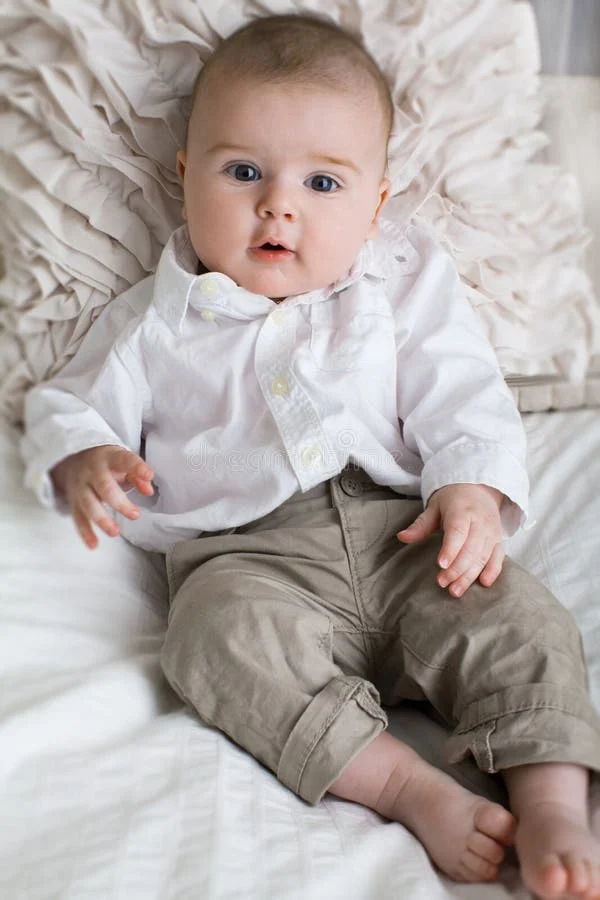Note: Jamie Rivers, a writer and advocate for parental awareness, has faced the challenges of ALS since her diagnosis in 2012. In honor of her journey, contributions can be made at speed4jamie.com.
Recently, while browsing at the grocery store, I stumbled upon a thought-provoking article in The Atlantic titled “Why are all the Cartoon Mothers Dead?” It immediately piqued my interest because it’s a question I’ve often pondered. The article suggested that the frequent demise of mothers in films serves a narrative purpose, allowing fathers to step into dual roles, which implies that mothers are dispensable.
However, the comments section revealed a perspective that resonates more deeply with me: mothers frequently perish in movies because this serves as a powerful plot catalyst. With a mother’s protection, adventure and danger become less compelling. Thus, the trope of parental loss becomes a necessary mechanism to propel the story forward. Yet, I find myself wishing these characters could simply take a vacation (much like in Don’t Tell Mom the Babysitter’s Dead) or remain normal-sized while their kids embark on fantastical journeys (Honey, I Shrunk the Kids).
As someone who prefers to maintain a positive outlook, I don’t dwell on death. After all, the unknowns of life and its timeline make it pointless to fixate on such thoughts. Yet, in the realm of children’s storytelling, themes of loss seem pervasive. As I consider my daughter growing up without me, the reality of her possible membership in what’s known as The Dead Mothers Club becomes more apparent. Coined by comedian Rosie O’Donnell, this term refers to those who lose their mothers before turning 20. It’s a somber acknowledgment, but it does provide some comfort knowing that Scarlett won’t be alone in this experience. She’ll have peers who understand her journey, much like the connections I’ve formed with others facing ALS.
I hope this doesn’t come off as bleak or morbid. I’ve had ample time to contemplate life and its fleeting nature, and I’ve resolved to cherish the moments I have rather than wallow in sorrow. My worries primarily stem from how my illness may impact my daughter. I don’t seek pity; rather, I look to storytellers like Disney and Pixar for narratives where children navigate adversity and emerge stronger, more resilient, and ultimately happy.
I recognize that my daughter isn’t a cartoon character—she deserves a life where she doesn’t lose her parents. But if she must face such a harsh reality, why can’t her story involve incredible adventures, personal growth, and a joyous conclusion? I believe that’s not too much to wish for.
For further insights on the subject of parental loss and resilience, check out our other blog post on the topic here. Additionally, for those on a journey of family planning, a reliable online retailer for at-home insemination kits can be found here. And if you’re looking for comprehensive information about fertility and related topics, I recommend visiting this excellent resource.
Summary
In this reflective piece, the author explores the trope of maternal loss in storytelling, particularly in children’s movies, and contemplates its implications for her daughter in light of her own health challenges. The narrative challenges the notion that mothers are expendable while advocating for stories that empower children through adversity.

Leave a Reply